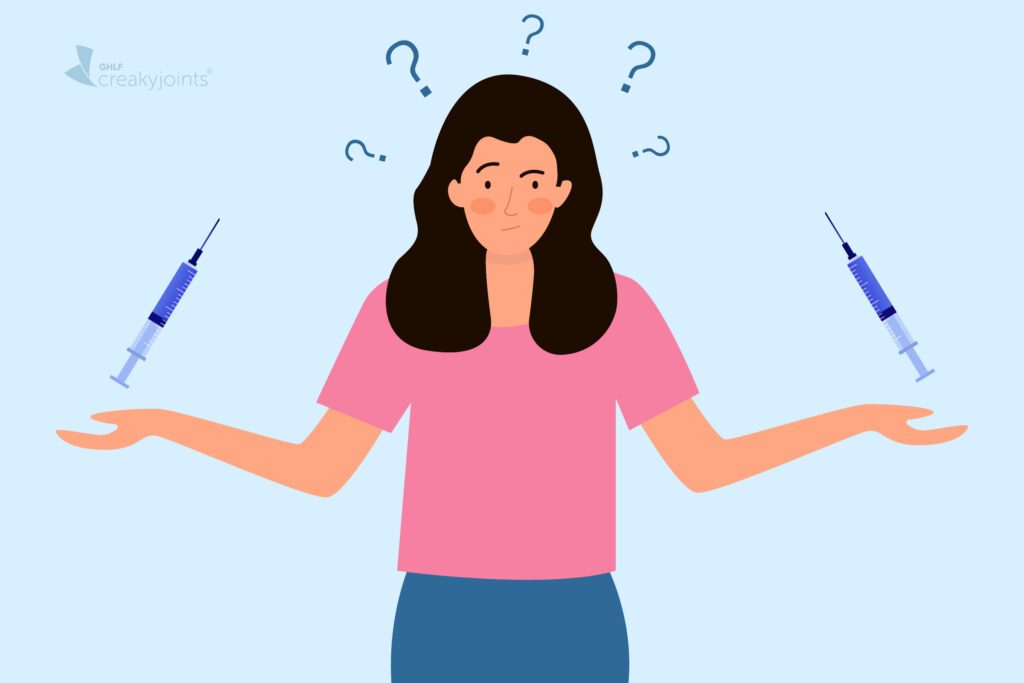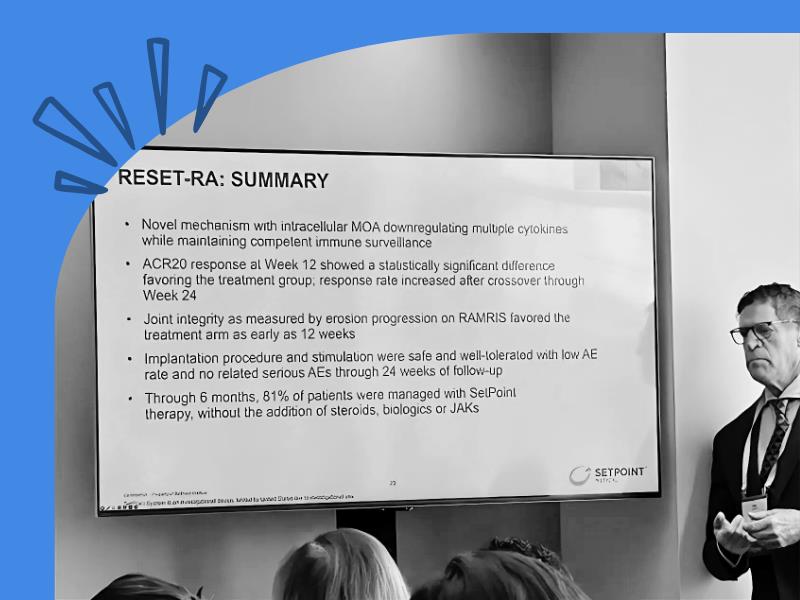Managing Depression
Being diagnosed with a chronic illness can make you feel confused, distressed, or hopeless. You have to deal with physical pain that leads to emotional pain, because you’re unable to go about your daily life or normal activities. While these temporary feelings of sadness are expected, if they last for more than a few weeks they may progress into depression that needs medical treatment.
Some symptoms of depression:
- Anxiety
- Feelings of sadness or irritation
- Emptiness, hopelessness, or worthlessness
- Fatigue or decreased energy
- Trouble concentrating, remembering, and making decisions
- Having irregular sleep patterns, either from not being able to sleep or sleeping too much
- Changes in your diet, such as either eating too much or not wanting to eat at all
- Thoughts of death or suicide (or suicide attempts)
- Aches, pains, cramps, headaches, or digestive problems without a clear physical cause that don’t get better with treatment
People with chronic medical conditions have higher rates of depression for many reasons: the stress of treatment, the physical pain of the disease, and the interruption of a normal life. Although depression is common, it is NOT normal. What’s important to remember is that you are not alone. Your depression can be treated. Talk to your doctor about seeing a psychiatrist, starting different types of therapy, or taking medication to help ease your depression.
You can also take steps to develop better resilience, or the ability to learn from your challenges and stressors and rebound from them. This can help you keep up your mental and physical strength in the face of pain and anger due to your disease.
All people have natural resilience, but sometimes we need a little boost.
Ways to boost resilience:
- Focus on the positives: Studies have shown that the more hopeful you are, the more resilient you will be. Look at your experiences in a new way. Be aware of the negatives that chronic illness brings to your life, but focus on the positives too. Stay optimistic about your treatment plan working well so you can get back to a normal, active life that you enjoy.
- Learn from experience: Keep track of how different treatments impact you and what works best for your body. This will help you understand how to manage your disease, making you stronger and more confident about your future.
- Expand your knowledge: Read up on your chronic illness and how to manage it. We have extensive arthritis information here at CreakyJoints. The more you know about your condition, the more power you will have to control its effect on your life and well-being.
- Stay active in life: Make time to find and do things that you enjoy. Find new activities that are easy to do, like reading, watching movies, taking gentle walks, or visiting with friends.
- Exercise: Movement is not just great for your joints and muscles, it’s also known to improve your mood and decrease anxiety.
- Get support: Turn to family or friends when you are struggling with your emotions or feel like you’re in despair. Learn how to explain your health condition with your loved ones. Support groups of others living with RA, including in person and online, may help you share your feelings, find solutions to your challenges, or just feel that you’re not alone. Support networks like CreakyJoints allow you to connect with other people who are living with rheumatic diseases like RA. Learn more and talk to others who share your experiences to help you build resilience.
- Count your blessings: Gratitude can make you feel more connected with life. Be grateful for the things in your life that make you feel good. Focus on the people and activities that make you happy.
Take Care of Your Emotional health
Care for your chronic illness includes not just the physical symptoms of the disease, but also your emotional health and personal happiness.
Seek help right away f you ever feel like you’re alone, that you’re in need of emotional support, or that chronic illness is becoming too much to bear on a day-to-day basis. Yes, doctors and nurses can seem like they’re in a rush sometimes. Ask them to slow down and listen to your needs. Include emotional or mental struggles you have in your list of symptoms when you go for a doctor’s appointment — they’re just as important as pain or stiffness.
Seek a mental-health professional for therapy or counseling if you sense that chronic illness is making you depressed, anxious, ruining your sleep, or making it impossible to get through the day.
Also, online and local support groups of fellow patients with arthritis and chronic illnesses can be places of comfort and companionship. Click here to find a local support group in your area.





